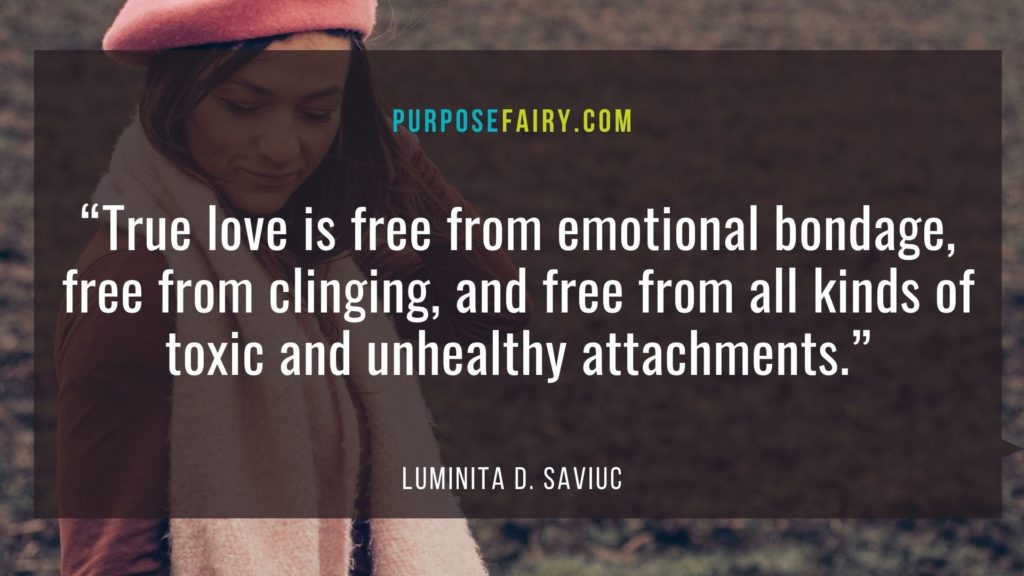
“The most basic of all human needs is the need to understand and be understood. The best way to understand people is to listen to them”. ~ Ralph Nichols
The Art of Listening
My personal definition of art is “a loving and holy expression of self”. Art is a language I speak. Listening is an expression of art. Using the analogy of art I am able to focus more on the subject of listening. Language and meaning are mysteriously and continuously in search of expression. When I listen with empathy I discover a fleeting glimpse of comprehension.
A primary need of the human condition is to understand and be understood. Active and artful listening requires focus, discipline, and humility. When the art of listening is executed well, a feeling of respect and an acknowledgment of value are rendered. I call this Love.
M. Scott Peck defines the Art of Listening as bracketing, the temporary giving up or setting aside of one’s own prejudices in order to experience the speaker’s world from the inside.
I equate the term bracketing to being in the present moment. I can think of nothing more dynamic than a conversation with active listening and expansion of self-resulting in a new direction of the topic. A shared microcosm of discovery becomes electrified by the gift of being understood and understanding.
A Quick Guide To The Art of Listening
“A man who lives right, and is right, has more power in his silence than another has by his words.” ~ Phillips Brooks

It is my dream to communicate my language of art with empathy and understanding. It is the Art of Listening. How can it be practiced?
Listen with your heart, not with your head.
Be in a museum of quiet while focusing on the art “listening”.
Breathe deeply and relax your body.
Wait for the opportunity to ask an effective question.
Maintain eye contact.
Paraphrase the internal meaning with the external words.
If you interrupt (this is what I am famous for) ask forgiveness, and return to #1!
If you feel rejected or ignored try the art of listening.
Listen consciously without external noise.
Schedule a time to listen.
Practice listening every day, in your day-to-day interactions.
Listen to the story.
I find the stories to be the best part of listening.
Listening helps me hear me.
Artful listening feels good.
Mindful listening helps me know your gifts.
I feel holy when I “hear” someone speak.
I love me more when I take the time to listen.
Listening can be done without words.
Listening is an act of compassion.

“When you talk, you are only repeating what you already know. But if you listen, you may learn something new.”
Are you a good listener? Do you want to be a better listener? Are you willing to allow yourself to seek first to understand than to be understood? Share your insights by commenting below 🙂
This post was written by Monica Macha
Comments
Luminita D. Saviuc
Luminita is the Founder and Editor in Chief of PurposeFairy.com and also the author of 15 Things You Should Give Up to Be Happy: An Inspiring Guide to Discovering Effortless Joy. For more details check out the 15 Things You Should Give Up To Be Happy Book Page.
read moreLEAVE A REPLY
You must be logged in to post a comment.

6 Comments
Jessie
at 2:23 pm
I’m using this when instructing my counselors this summer at summer camp. I will definitely send them here! Thanks for all your awesomeness!
Terri
at 10:35 pm
I want to share one idea that is helping me to over come my flaw of not being a good listener. Ask your friends and family to give you some sort of silent signal “in my case a small wave” when you aren’t truly listening. This has multiple benefits. They can do it while they are talking or someone else is talking so there are no interruptions to tell someone to shut it 🙂 It is a lot less embarrassing. And because it is something that is talked about before, no one feelings get hurt when the signal happens.
jodie
at 8:54 pm
This is sooooo one of my flaws!!! Even when I try to listen, I’m only thinking in my head what “I” want to say next and am notorious for interrupting people. I dislike this about myself, so I’m glad to have read this post. Thanks!
Shari
at 3:47 pm
This is all real good stuff! However, what happens when people don’t reciprocate the act of listening?
I feel like i’m usually the one doing the listening especially at my work place.
danaadmin
at 3:36 pm
Happy you enjoyed reading it Liz 🙂 Infinite Love and Peace!
Mary Liz Tippin-Moody
at 1:00 pm
Thank you for this. Most of the world’s major problems would be solved if people practiced this, but it is hard to exercise. Your post presents a way to approach the practice of active listening, and embrace its benefits. Again, thanks!